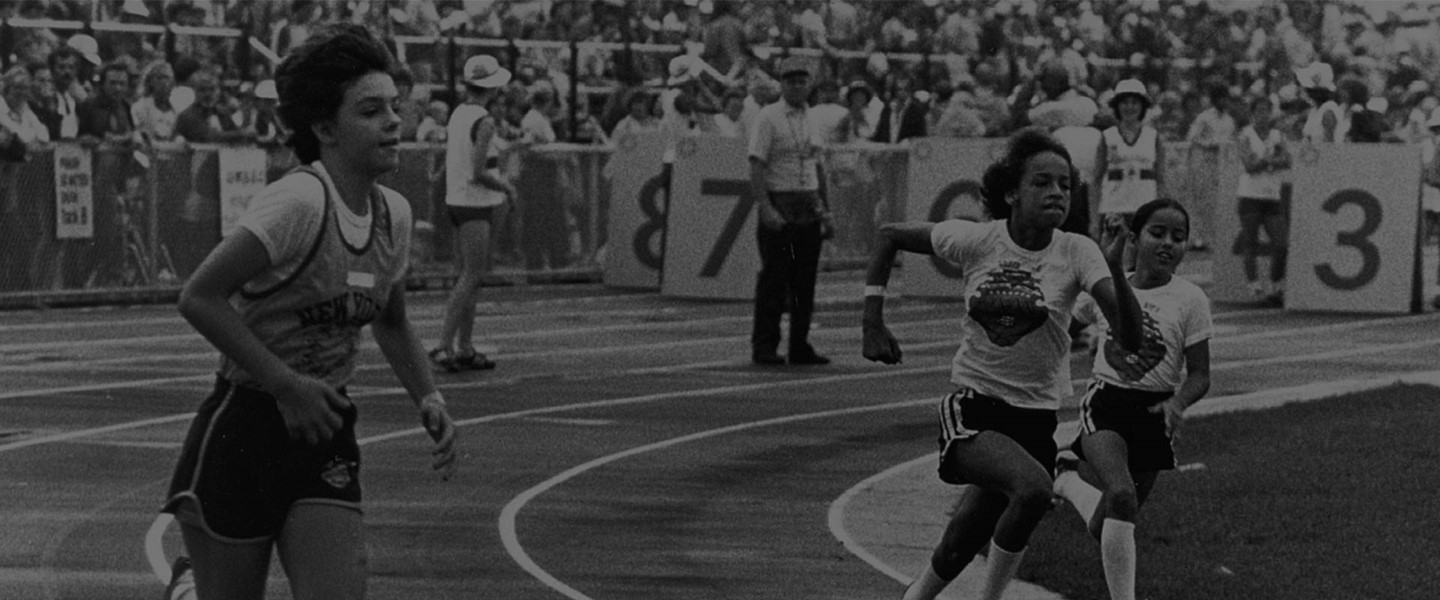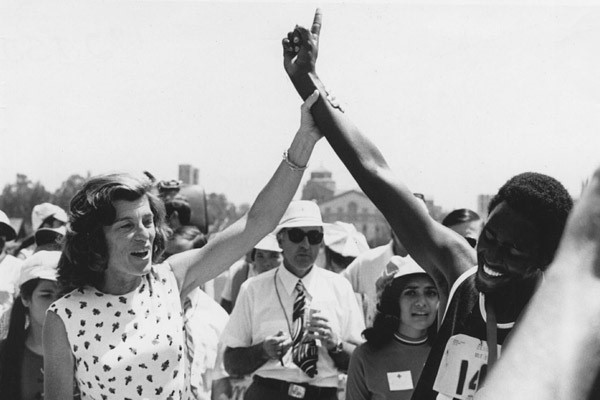Special Olympics History
Soon after John F. Kennedy took office as the US president in 1961, his sister Eunice Kennedy Shriver launched a campaign to change the way the world treated or rather ignored intellectual disabilities. This campaign gained attention when the Kennedy family announced that one of their own, Rosemary Kennedy, had an intellectual disability.
Throughout the 1960s Eunice Kennedy Shriver's commitment was transformational for people with intellectual disabilities and disability rights. The start of Special Olympics began when Sargent and Eunice Shriver turned their backyard into a summer day camp in their Maryland home.
In the summer of 1968, the first International Special Olympics Games were held in Chicago at Soldier Field, and in December, the Joseph P. Kennedy Foundation incorporated Special Olympics officially. Since then, Special Olympics has grown to become the largest program of its kind in the world.
Special Olympics is a global movement of people creating a new world of inclusion and community, where every single person is accepted and welcomed, regardless of ability. We are helping to make the world a better, healthier and more joyful place—one athlete, one volunteer, one family member at a time.
Special Olympics changes lives through the joy of sport, every day, everywhere. We are the world's largest sports organization for people with intellectual disabilities: with 4.4 million athletes in 170 countries -- and millions more volunteers and supporters. We are also a global and social movement.
Through the power of sports, people with intellectual disabilities discover new strengths and skills, and triumphs. Our athletes find joy, confidence, and fulfillment, both on ground and in life. They also inspire people in their communities and elsewhere to open their hearts to a wider world of human talents and potential.


